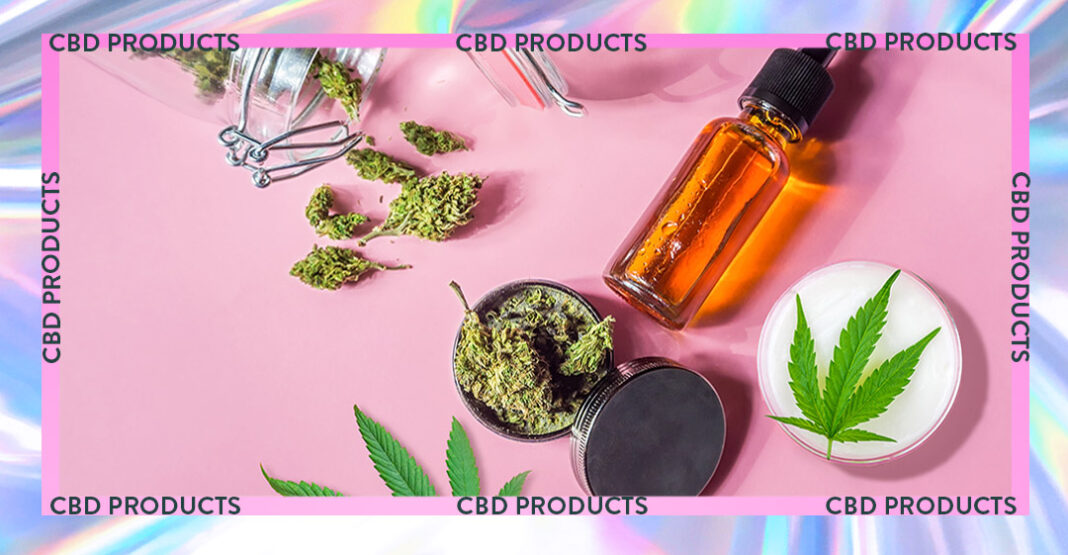Cannabidiol (CBD) is considered generally safe for many individuals and has gained popularity for its potential therapeutic benefits. However, it may not be suitable for everyone. In this comprehensive guide, we will explore who should avoid taking CBD, referencing governmental bodies and academic perspectives.
Understanding CBD
CBD is a natural compound found in the cannabis plant. Unlike its counterpart, THC (tetrahydrocannabinol), CBD is not psychoactive and does not produce the “high” associated with marijuana. CBD has been studied for its potential therapeutic uses, including pain management, anxiety reduction, and anti-inflammatory properties. Buy weed pens from a vessel brand
Governmental Perspective
U.S. Food and Drug Administration (FDA)
As of my last knowledge update in September 2021, the FDA had not issued specific guidelines regarding who should avoid taking CBD. However, the agency had expressed concerns about certain populations and the use of CBD, particularly pregnant or breastfeeding women and individuals taking certain medications.
The FDA recommended that individuals consult with healthcare professionals before using CBD, especially if they have underlying health conditions or are taking medications that may interact with CBD.
Academic Perspective
Academic research and studies on CBD’s safety and efficacy are ongoing. While CBD is generally well-tolerated, there are certain groups of people who may want to exercise caution or avoid it altogether:
Pregnant and Breastfeeding Individuals
There is limited research on the effects of CBD on pregnancy and breastfeeding. As a precautionary measure, many healthcare professionals advise pregnant and breastfeeding individuals to avoid CBD products to ensure the health and safety of both the mother and the baby.
Children and Adolescents
The long-term effects of CBD on developing brains are not well-understood. Some studies suggest that CBD may affect brain development in children and adolescents. Therefore, it is advisable for this age group to use CBD only under the guidance of a healthcare professional and for specific medical conditions.
Individuals Taking Medications
CBD can interact with certain medications by inhibiting enzymes in the liver that metabolize drugs. This can lead to altered drug levels in the bloodstream, potentially impacting the effectiveness and safety of these medications. If you are taking medications, especially those with a narrow therapeutic range or a “grapefruit warning,” consult with a healthcare provider before using CBD.
Individuals with Liver Conditions
CBD is primarily metabolized in the liver, and individuals with liver conditions may be at a higher risk of experiencing adverse effects or altered drug metabolism. Healthcare professionals should be consulted before CBD use in these cases.
Various Forms of CBD Products
CBD products come in various forms, and individuals should consider their specific circumstances and needs when choosing a product:
CBD Vapes
CBD Vape Oil
CBD Vape Pens
CBD Vape Cartridges
CBD Oil
Full Spectrum CBD Oil
Broad Spectrum CBD Oil
Hemp Oil
CBD Edibles
CBD Gummies
CBD Capsules
CBD for Dogs
CBD for dogs is a supplement formulated for canines that contains cannabidiol, a non-psychoactive compound derived from the hemp or cannabis plant. This product is designed to provide potential therapeutic benefits for dogs without the “high” associated with THC, another compound found in cannabis.
CBD for dogs comes in various forms, including oils, treats, and capsules. It is commonly used to address issues such as anxiety, pain, inflammation, and seizures in dogs. Many pet owners turn to CBD as a natural and holistic approach to support their pets’ well-being.
Conclusion
While CBD is generally considered safe for many individuals, certain groups, such as pregnant and breastfeeding individuals, children and adolescents, those taking medications, and individuals with liver conditions, may want to avoid or use CBD products with caution. It is essential to consult with a healthcare professional before incorporating CBD into your health and wellness regimen, especially if you fall into one of these at-risk groups. Additionally, it’s crucial to choose reputable CBD products from trustworthy sources to ensure quality and safety. As the understanding of CBD continues to evolve, staying informed about the latest research and regulatory developments is advisable.
